MUST READ: New Zealand’s economy depends on Chinese mothers NOT breastfeeding their babies
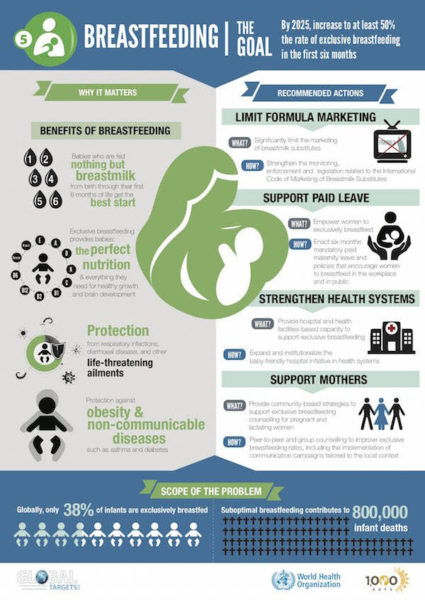
How did it come to this?
New Zealand’s economy now depends on more Chinese mothers NOT breastfeeding their babies.
According to Statistics New Zealand New Zealand’s two-way trade with China increased more than three-fold in the past decade. It climbed from $8.6 billion in 2007 to $26.1 billion in the December 2017 calendar year.
Two-way trade with China surpassed that with Australia, our previously largest trading partner, in the year to December 2017.
Not only that but we enjoy a healthy $3.6 billion trade surplus with China. The main contributor to the trade surplus was the increase in exports of milk powder, butter, and cheese to China – which was up $1.4 billion (52 percent) in 2017 to $4.1 billion. In 2017 New Zealand had its highest level of dairy product exports to China since the record-high dairy prices of 2013/14. This increased our overall trade surplus with China to the highest level since 2014.
Exporting milk powder for infant formula is the key ingredient in this trade relationship which keeps dairy farmers happy and our economy afloat.
With 20 million babies born each year in China and China’s baby formula market growing at about 20% per year (2015 figures) the future looks rosy from New Zealand.
However this “success” is built on China’s low breastfeeding rates – some of the lowest in the world.
Data from the National Health and Family Planning Commission shows that the rate of mothers that exclusively feed their child mother’s milk until the age of 6 months is 30% in China’s rural areas, and only 16% in urban areas, well below the global average of about 40%. In 2014 over a third of China’s new-borns were given baby formula as their first feed.
That’s good news for Fonterra but bad news for Chinese infants.
Fonterra’s global cousin Nestle has a longer and more odious association in China.
In earlier times Nestlé encouraged women to use their baby formula by giving out free samples in maternity wards across the country. By the time the new mothers ran out of product, they could no longer produce breastmilk.
Fonterra is benefitting from that earlier “marketing breakthrough”.
According to the World Health Organisation the use of baby formula for young infants has been linked to several health hazards, such as diarrhoea and respiratory tract infections. It also raises risks of allergies and sudden infant death syndrome. For this reason, WHO actively promotes breastfeeding and recommends starting breastfeeding within one hour of birth. It advices against the use of infant formula, as it does not contain the same antibodies as mother’s milk, and adds to the many potential health risks. Mothers who can’t afford milk powder will water it down and the baby’s health often suffers in multiple ways as a result.
For example, millions of babies died, especially in Sub-Saharan Africa, following aggressive marketing campaigns by infant formula makers like Nestle. The heavy marketing led mothers to give their babies formula powder mixed with contaminated water instead of breast milk.
There is no sign of concern about any of this from Fonterra who will be praying that WHO does not reach its goal to reach at least 50% of mothers exclusively breastfeeding their children in the first six months from birth.
Fonterra will also be happy the Trump administration lobbied hard against the adoption of a simple, uncontroversial resolutionsupporting breastfeeding at a United Nations global health meeting earlier this year.
Trump saw this as an attack on infant formula companies which are cashing in on a $70 billion industry.
Trump officials are also working hard against regulation of so-called “follow-up” formulas or “growing‐up milks” (baby formula marketed for children over 6 months of age) proposed by the United Nations.
In the meantime the New Zealand dairy industry produces and markets products of dubious value to humanity and at enormous cost to the New Zealand environment.
Surely we can do better than this?

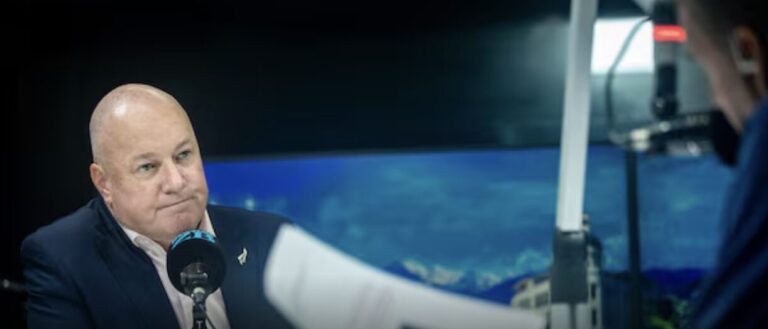


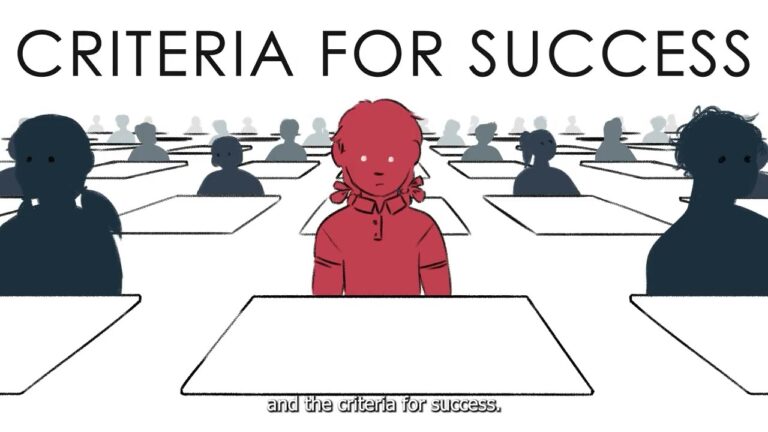
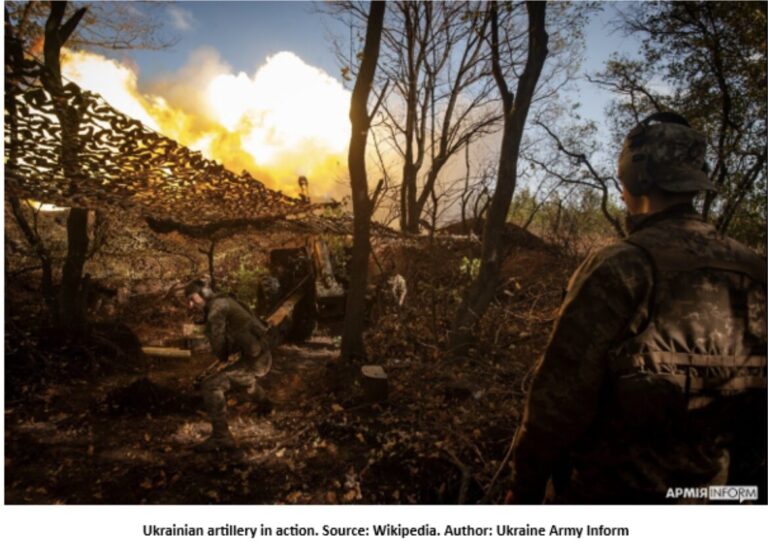
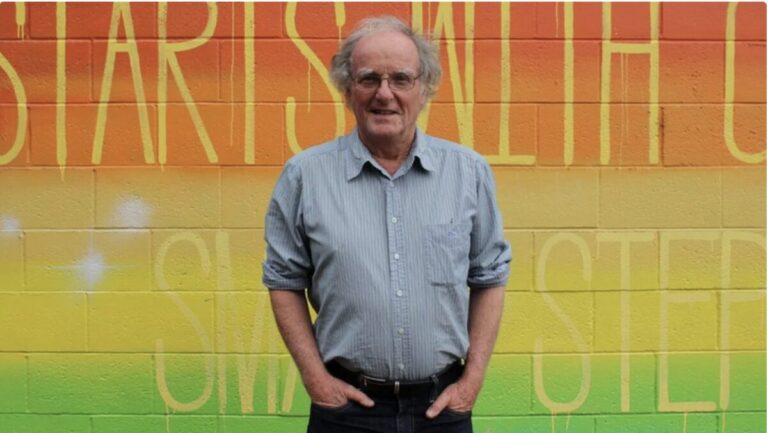
Breast feeding can be partly cultural. When I had my first child over 40 years ago in a cottage hospital – former workhouse – in Kent, UK, I was the only mother in the ward breast feeding. I think they thought it was an odd antipodean thing.
First night the nurse gave me pills I asked what for, and she said to stop my milk, so I didn’t take them.
For sore nipples they gave me stilbestrol; I used it once, maybe twice, but I half knew that it wasn’t right, so I stopped. It was totally wrong, and is implicated in vaginal cancer for girls. I have never told my daughter.
No-one knew anything about breastfeeding. They made me top up with a bottle “just to be on the safe side.” I was tolerated.
Returned my baby to the nursery one night and Smith was in her cot, and Brown was in Smith’s cot. That worried me for years.
A nursing auxiliary swept my bed curtain aside one evening, saw me breastfeeding, and said, “Disgusting.”
So I told my husband I was leaving, and he told my doctor who said if she wants to go home she’d be better off there. So I went home.
I was in one of two beds in an old entrance foyer. The other mother queried me about breast feeding, and we two discussed it reasonably, but none of the nurses did. The Irish midwife chastised me for being married nearly five years before having my first child, but I’d had two miscarriages before then.
An Indian friend had two babies flanking mine, in the same hospital, and she didn’t breastfeed either of them, so I’m not sure what was going on. But at that time, back here in NZ, women routinely breastfed their babies, and with much more help and support in the hospital than they have here now. Thank you Truby King, and Plunket – NZ mothers are greatly indebted to Sir Truby King.
Truby King manufactured his own formula Karilac and imposed rigid feeding schedules which did a huge disservice for women’s breastfeeding – Wel done you for your great efforts in breastfeeding under horrendous conditions – As a nurse and midwife I am ashamed of many of our non evidence based care we gave in the past ( and still continue to do … cutting “tongue ties” being the current poor practice
Well said, John.
We should also note that the NZ dairy sector uses humungous amounts of energy and resources to force unnatural growth of grass and to convert that grass into milk powder; it is a major contributor to the collapse of the environment we are witnessing.
That begs the question: How longer will NZ be able to continue squandering energy and resources and pollute the environment to gain funds to imports stuff (much of it made in China)?
In these politically, financially, energetically and environmentally ‘challenging’ times, how much longer will the globalised economic hang together?
We do know the longer current arrangements persist, the more damage they cause, and the more likely extinction of most life on Earth becomes.
I see David Attenborough has now decided to go public about what has been on his mind for quite some time.
‘David Attenborough: collapse of civilisation is on the horizon
The collapse of civilisation and the natural world is on the horizon, Sir David Attenborough has told the UN climate change summit in Poland.
The naturalist was chosen to represent the world’s people in addressing delegates of almost 200 nations who are in Katowice to negotiate how to turn pledges made in the 2015 Paris climate deal into reality.
As part of the UN’s people’s seat initiative, messages were gathered from all over the world to inform Attenborough’s address on Monday. “Right now we are facing a manmade disaster of global scale, our greatest threat in thousands of years: climate change,” he said. “If we don’t take action, the collapse of our civilisations and the extinction of much of the natural world is on the horizon.”
https://www.theguardian.com/environment/2018/dec/03/david-attenborough-collapse-civilisation-on-horizon-un-climate-summit
It naturally follows, sure as night follows day, that one of two outcomes will arise from the Katowice talks:
1. Lots of pledges and promises will be made but nations will carry on as before, putting short-term economic interests ahead of long term survival.
2. Genuine strategies for drastically reducing emissions (reducing fossil fuel use) will be implemented.
I think we already know the answer. Governments will opt to prop up dysfunctional economic arrangements till they can’t, and will sacrifice the future environment to do so.
Getting people to see that the globalised economic system is an unsustainable, short-term aberration is ‘difficult’.
I have very high respect for David Attenborough, he is one of the few humans that have a good understanding of where we are at, and his intentions are good and sincere.
Sadly though, him speaking for ‘the people’ is not quite representative of the true state of affairs. He may be speaking of the future generations, but if we want to be honest, the bulk of humanity is not comprehending the scale and seriousness of the challenges we face.
Most continue to live in denial and delude themselves.
Some continue to be climate change deniers, and one Donald Trump, the leader of the most wasteful nation on earth, also the most powerful, he does not want to make any genuine effort to take necessary immediate action.
In Katowice in Poland there is little unity among the nations attending this climate summit there, and some want special rules and exemptions again. India and China belong to them, Russia and Brazil are also not that committed, and the US is basically absent from the table.
Meanwhile CO2 emissions keep increasing, so do methane and other ones, we are truly heading towards a very serious disaster, and looking outside my windows, Auckland traffic and other behaviour by NZers continues as per usual. If challenged, they all stand in a circle and point with their finger on the person behind or in front of them, for not doing anything, using that as an excuse to do nothing themselves.
And bizarrely, in France the Yellow Vest protestors complain about the increases in fossil fuel prices, that though is something not unusual in many developing countries. We are only seeing the end of the massive disaster looming upon us.
David Attenborough will be like the many prophets of ancient past, he will not be listened to by most, and finally die a lone death, before the disaster will come upon humanity. Few may survive and remember him, thinking, shit, why did people not listen?
This dominance of baby formula seems to also have let Fonterra and its various brands get a bit lazy, so to fail developing a greater diversity of other value added, good quality dairy products.
I am thinking of the hundreds types of cheeses that are made in places like Europe, surely more could be done here with the milk, than what is being done so far.
And at Pak’n Save and Countdown they even sell a range of imported cheeses and so from Europe, which do not appear to be made here in high enough volumes.
Marc,I agree about the poor choices of cheese offered in our supermarkets. When I was working in England some years ago one of my greatest pleasures was deciding what cheese I would buy that week. The choices in NZ are abysmally unimaginative. Why do Kiwis put up with it?
Because we are cheesed of with previous government that is why (Dennis ) we tolerate poor and lack of choice of cheese as it is no good worrying about choices of cheese when you have no money , no job or nowhere to live.
Excellent expose, John. This is Fonterra’s shame, and thereby, our collective shame as well. This is not how NZ should act in the world.
The reason the poor mothers are also not breastfeeding is that they are forced to work and not necessarily close to their baby either, the babies are being bottle fed and bought up by grandparents sometimes in the country while both parents work in factories and the like… all part of the glorious neoliberal revolution.
Sadly in China worse things happen too, such as counterfeit milk. Imagine finding out you have been feeding your baby water and dirt and they die from malnutrition after dutifully being fed counterfeit milk that you think is the real thing. Or the the melamine scandal.
Chinese, like the west are taught that minding your own child is not worthwhile and it is better to afford that phone, car and TV and be middle class in the world.
Neoliberalism is disgusting as is our understanding of what counts as a benefit to society. Aka mother’s expected to be in paid work as child raising and breastfeeding is unpaid work in not considered much worth in society.
Part of this also is that many Chinese mothers are relying on formula so that they can participate in the work force.
As wages increase, as they did in Japan and Korea who historically provided cheap labour, we may see a return to the single income family and rates of breast feeding increase.
God, I didn’t know that about Nestle in China. I know they got kicked out as sponsors of Hay-on Wye literary festival because of similar efforts in Africa….many infant deaths.
I’ll be interested to see future epidemiological studies done on cancer rates
(breast and prostate)with the increased consumption of dairy.
Back in the 80’s there was a documentary about Nestle in India, using that strategy to make mother’s dependent on their product.
Completely immoral. Paying doctors and nurses in the maternity wards to begin feeding newborns, so that the initial (very important) colostrum immunity given to newborns by the mother was missed. If the breastfeeding is delayed long enough, or spaced out widely enough the mother and child left the hospital requiring the product.
Already impoverished people were required to add another expense to their lives. They often lived where water supplies, lack of fuel and inadequate sanitation meant that the formula – when mixed held a complex mix of bacteria and germs. All to be given to a child with an immune system already compromised by lack of breastfeeding.
Those marketing genuises that come up with this kind of strategy should be vilified for this work.
And for infants, the introduction of foreign species protein, and many other potentially dangerous unnatural substances into the venerable child’ body.
One of many well reviewed clinical studies.
https://academic.oup.com/ajcn/article/91/5/1506S/4597446
Cancer is also linked with the consumption of bovine growth factor components of cow’s milk.
The immune system is generally sadly compromised with consumption of dairy but in the early months of life, a legacy of chronic outcomes is common but often not identified with dairy intake.
Thanks John…the sham/shame of “market forces” in all its glory!